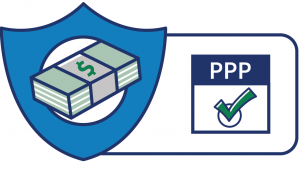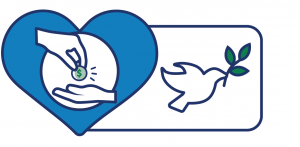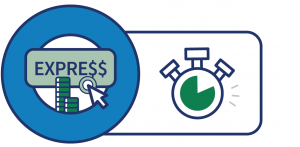The Executive Order, Memorandum on Deferring Payroll Tax Obligations in Light of the Ongoing COVID-19 Disaster, issued by President Trump on August 8, 2020, permits deferral of employee OASDI taxes for payroll dates on and after September 1, 2020 through December 31, 2020. The IRS issued guidance on August 28, but there are still many unanswered questions. Employers have a choice to continue to withhold and deposit employee OASDI (Old Age, Survivors and Disability Insurance) taxes as usual. If they decide to implement the executive order, employers will be required to remit taxes next spring for all employees, including ones who may have left the company for any reason. This liability becomes the employer’s debt.
If the employer elects to implement the order, the following is applicable:
Employers can defer the withholding, deposit and payment of the employee portion of the OASDI segment of FICA taxes. Payment of the employee OASDI tax is only deferred, not forgiven. Employees are still obligated to pay the taxes. If an employer does elect to defer payment of an employee’s OASDI taxes, the employer is required to withhold and pay those deferred taxes later. From January 1, 2021 to April 30, 2021, the employer must “ratably” deduct any deferred employee OASDI taxes from the wages paid to the employee, and pay them over to the IRS. If those deductions and payments are not made, penalties and interest will begin to accrue on the unpaid taxes on May 1, 2021.
- Deferral of employee OASDI taxes is limited to employees with bi-weekly pay of less than $4,000 (Applicable Wages) on a pre-tax basis. An employee with variable pay (commissions, overtime, or a bonus) could be eligible for deferral in one payroll period in which they have less than $4,000 of pay, but not eligible in the next payroll period if their pay exceeds $4,000.
Employers that implement the deferral will need to address situations in which employees with deferred taxes terminate employment before the deferred taxes are collected (later in 2020 and before April 30, 2021). Employers will want to structure “arrangements to otherwise collect” the deferred taxes in this circumstance by collecting the taxes from a final paycheck or by separate check from the employee. Notice 2020-65 does not provide any relief to an employer if there are circumstances that prevent the employer from collecting if the employee terminates employment, has a leave of absence, or otherwise does not have sufficient wages in 2021 to accomplish the required deductions for the previously deferred employee OASDI taxes. Employers in this situation are obligated to pay the tax.
- Code Section 6672, commonly called a “responsible person” penalty, can apply if an employer deducts amounts from an employee’s wages for employee social security taxes and/or income tax withholding, and the employer then fails to pay those amounts over to the IRS. In that case, the individual who is responsible (e.g., a CFO or CEO) can be held personally liable for the withheld taxes that were not paid over to the IRS. Notice 2020-65 does not provide any relief in relation to the potential application of the responsible person penalty under Code Section 6672.
While Notice 2020-65 clearly states that employers are not required to defer withholding of the employer portion of Social Security taxes on Applicable Wages of all employees, it does not address whether employers must honor requests by employees to have their Social Security taxes deferred in accordance with the Notice. Bloomberg Tax reported on September 3, 2020, that an IRS representative confirmed during its monthly payroll industry teleconference that employers do not need to implement the deferral at the request of employees. As a result of that teleconference, many of the larger payroll companies have elected not to provide support for implementation because they are struggling with the technology constraints and lack of clarity.
Employers should work with their CPA and legal counsel to determine how and when it should implement the guidance in the Notice. Please contact us at The Hopkins Group for assistance.











